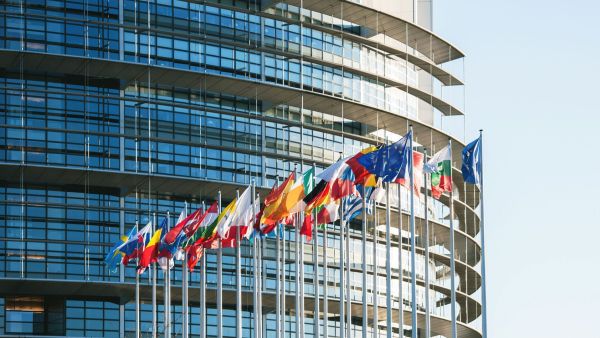The Socialists and Democrats in the European Parliament have secured a far-reaching new EU legislation that will enhance the transparency and sustainability of investments and clamp down on greenwashing in the European financial sector.
The breakthrough came last night, when negotiators from the European Parliament, led by S&D MEP Aurore Lalucq and the Belgian presidency on behalf of EU member states, brokered a deal on the new rules on environmental, social and governance (ESG) ratings.
Aurore Lalucq, S&D MEP and European Parliament’s rapporteur on ESG ratings, said:
“ESG ratings are key to sustainable investment decisions. Until now, no legislation was in place for these activities, which increased the risk of greenwashing and lack of transparency. We have now secured a historic piece of legislation for more sustainable European finance.
“This new law will boost investor confidence in sustainable finance, which will benefit the ecological and social transition. This in turn will help us build a more socially accountable and sustainable future, which has been a priority for social democrats all along.”
List of key achievements of the European Parliament:
- Strict separation of ESG rating providers on one hand and audit and consulting activities on the other to prevent conflicts of interest.
- Enhanced transparency requirements for ESG rating providers with clear separation of environmental, social and governance criteria. Only this can ensure transparent and reliable sustainability information for investors.
- Stronger role for the European Securities and Markets Authority (ESMA) in authorisation of providers and in monitoring market concentrations.
Note to editors:
ESG ratings are opinions on a sustainability record of a company or a financial instrument, taking into account its impact on society and the environment. They are increasingly relevant for investor trust in sustainable products.
The negotiators from the European Parliament and EU member states yesterday reached a provisional political agreement that still needs to be formally approved on both sides. The new legislation will take effect 18 months after its entry into force.











